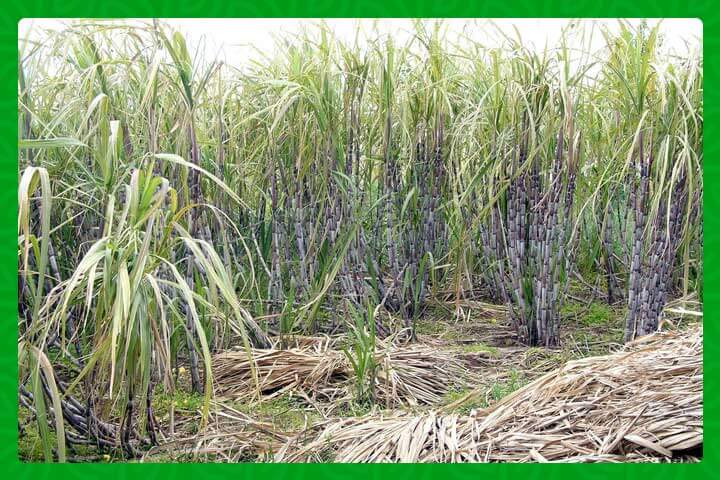
Kenya -The sugar industry in our country has been facing turbulent times, with sugar mills grappling with a raw material shortage that has led to mill closures. At the forefront of this battle is the Agriculture and Food Authority (AFA), which recently took a no-nonsense approach to address the issue of cane poaching, a major factor contributing to the crisis. In a stern meeting attended by representatives from all sugar mills, AFA Chairman Hon. Cornelly Serem minced no words as he warned millers of the consequences of their actions.
Understanding Cane Poaching: Cane poaching is a practice where a sugar miller supports farmers in cultivating sugar cane and signs a contract with them, stipulating that they can only sell their cane to that specific miller. However, another miller may approach these farmers and purchase the cane from them, breaching the contract. This unethical practice has been a significant contributor to the shortage of raw materials and has pushed the sugar industry to the brink.
The Four-Month Shutdown: AFA Chairman Hon. Cornelly Serem revealed that the AFA had taken the drastic step of closing sugar mills for four months to allow the cane in the country to mature adequately. Studies conducted by the AFA indicated that most of the cane in the fields required this time to reach the optimal 13-month maturity. This move aims to ensure that there is a sufficient supply of mature cane to sustain the mills and end the sugar crisis.
Zero Tolerance for Immature Cane:
Serem emphasized that the practice of harvesting immature cane must cease. He warned that the licenses of those found guilty of such practices would be canceled. He left no room for ambiguity, stating, “I mean what I say, and I don’t mix my words.” His commitment to ensuring an ample supply of locally-produced sugar was unwavering.
Investing in Cane Development:
The AFA Chairman challenged sugar millers to invest in cane development, assuring them that measures would be put in place to protect their investments. A team will be formed to monitor and assess millers’ efforts in cane development to prevent a return to the current crisis. This proactive approach aims to eliminate the discouraging impact of cane poaching on investors’ willingness to contribute to cane development.
Legislation Against Cane Poaching:
Serem revealed that discussions were underway to establish legislation to eradicate cane poaching. This move is crucial to protect the investments made by dedicated farmers and millers. It will ensure a level playing field where competition thrives within the boundaries of fair practice.
Supporting Millers and Farmers:
To alleviate the burden on farmers, AFA intends to collaborate with millers in areas where mill closures have occurred. Special arrangements will be made to allow these mills to operate on specific days, ensuring that farmers do not suffer any further losses.
Recognizing Successful Efforts:
Serem acknowledged the commendable efforts of Transmara, a region operating at full milling capacity due to its substantial investments in cane development. Such successes serve as beacons of hope for the industry’s revival.
In conclusion, AFA’s unwavering commitment to ending cane poaching and revitalizing the sugar industry is a beacon of hope for the nation. By taking a tough stance, investing in development, and working hand in hand with millers, AFA is determined to ensure a sweeter future for all.
Stay updated with the latest farming tips and agriculture industry news from Africa by subscribing to our newsletter. Don’t miss out on valuable insights and updates. Follow us on Twitter, LinkedIn, and Facebook to join our farming community and stay connected with us.



















